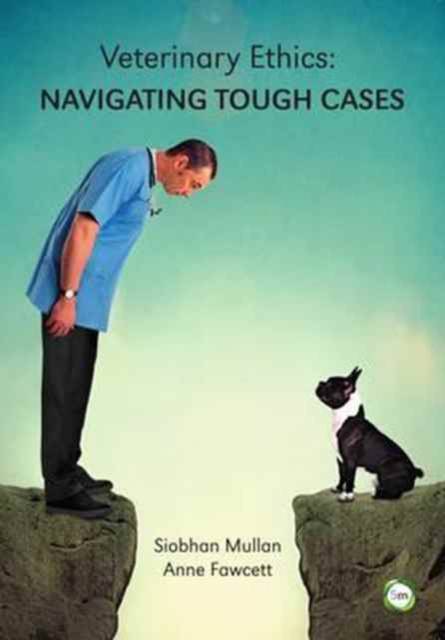
- Afhalen na 1 uur in een winkel met voorraad
- Gratis thuislevering in België vanaf € 30
- Ruim aanbod met 7 miljoen producten
- Afhalen na 1 uur in een winkel met voorraad
- Gratis thuislevering in België vanaf € 30
- Ruim aanbod met 7 miljoen producten
Zoeken
€ 52,95
+ 105 punten
Omschrijving
What should a vet do when a client can't pay for their animal's treatment? Or when asked their opinion on the killing of wildlife for disease control? Or when observing an animal welfare problem whilst off duty? Ethical problems are an every day part of life for veterinarians, but it can be difficult to combine personal values with professional conduct. Veterinary Ethics presents a range of ethical scenarios that veterinarians and other allied animal health professionals may face in practice. The scenarios discussed are not only exceptional cases with potentially significant consequences, but often less dramatic everyday situations. The responses to these ethical problems are from practising veterinarians and acknowledged world experts in animal welfare and ethics. The advice given is thorough and detailed, covering different eventualities, the ethical knots and dilemmas, the personal feelings of those involved, as well as objective recommendations on ethical decision making and, where relevant, guidance from veterinary governing bodies and the law. The advice is framed in the form of veterinary life in the real world, not necessarily an ideal world. As well as practical guidance, the book takes a step back and explores the different philosophical arguments and standpoints and the resultant solutions and problems of each approach, examining the background and relationship between different philosophical schools of thought, ethics and veterinary care. The book strives to present decision making in response to ethical problems as transparently as possible, employing a range of ethical frameworks. The book also challenges the reader about their own decision making in given situations, what factors to consider and how they would achieve certain outcomes. [Subject: Bio-Ethics, Veterinary Medicine]
Specificaties
Betrokkenen
- Auteur(s):
- Uitgeverij:
Inhoud
- Aantal bladzijden:
- 552
- Taal:
- Engels
Eigenschappen
- Productcode (EAN):
- 9781910455685
- Verschijningsdatum:
- 30/06/2017
- Uitvoering:
- Paperback
- Formaat:
- Trade paperback (VS)
- Afmetingen:
- 170 mm x 244 mm
- Gewicht:
- 1478 g

Alleen bij Standaard Boekhandel
+ 105 punten op je klantenkaart van Standaard Boekhandel
Beoordelingen
We publiceren alleen reviews die voldoen aan de voorwaarden voor reviews. Bekijk onze voorwaarden voor reviews.











